ELAR 6.10
Composition: listening, speaking, reading, writing, and thinking using multiple texts--writing process. The student uses the writing process recursively to compose multiple texts that are legible and uses appropriate conventions. The student is expected to:
(A) plan a first draft by selecting a genre appropriate for a particular topic, purpose, and audience using a range of strategies such as discussion, background reading, and personal interests;
(B) develop drafts into a focused, structured, and coherent piece of writing by:
(i) organizing with purposeful structure, including an introduction, transitions, coherence within and across paragraphs, and a conclusion; and
(ii) developing an engaging idea reflecting depth of thought with specific facts and details;
(C) revise drafts for clarity, development, organization, style, word choice, and sentence variety;
(D) edit drafts using standard English conventions, including:
(i) complete complex sentences with subject-verb agreement and avoidance of splices, run-ons, and fragments;
(ii) consistent, appropriate use of verb tenses;
(iii) conjunctive adverbs;
(iv) prepositions and prepositional phrases and their influence on subject-verb agreement;
(v) pronouns, including relative;
(vi) subordinating conjunctions to form complex sentences and correlative conjunctions such as either/or and neither/nor;
(vii) capitalization of proper nouns, including abbreviations, initials, acronyms, and organizations;
(viii) punctuation marks, including commas in complex sentences, transitions, and introductory elements; and
(ix) correct spelling, including commonly confused terms such as its/it's, affect/effect, there/their/they're, and to/two/too; and
(E) publish written work for appropriate audiences.
- Plus Plan
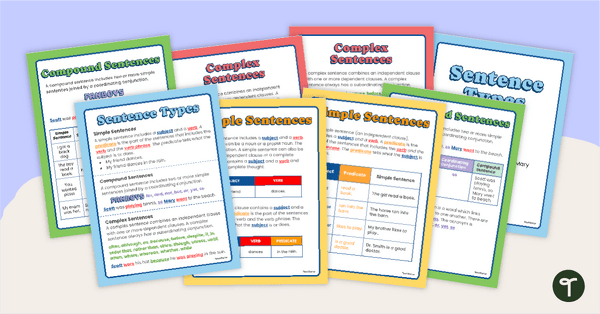
Simple, Compound, and Complex Sentences Poster Pack
Display and use these handy anchor charts to teach your students about simple, compound, and complex sentences.
- Free Plan
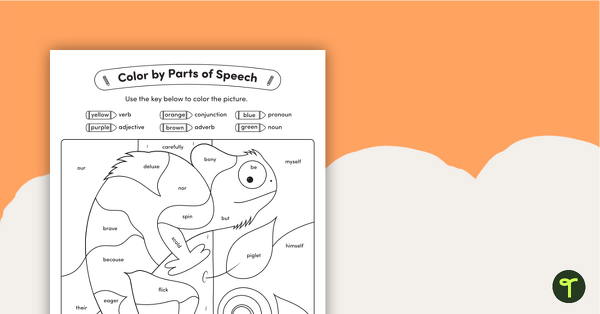
Color by Parts of Speech Chameleon Worksheet (Nouns, Verbs, Adjectives, Adverbs, Conjunctions and Pronouns)
Practice identifying different parts of speech with this fun color-by-code worksheet.
- Free Plan
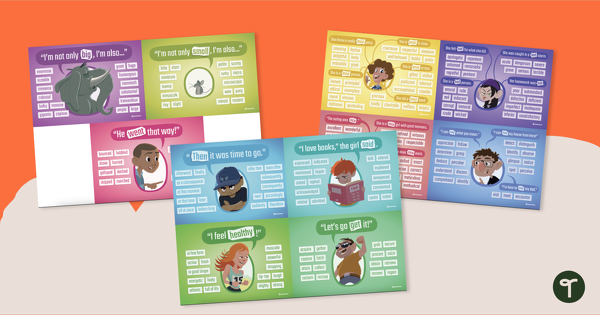
Synonyms- Printable Flashcards
Build vocabulary skills with individual Synonym anchor chart flash cards.
- Free Plan
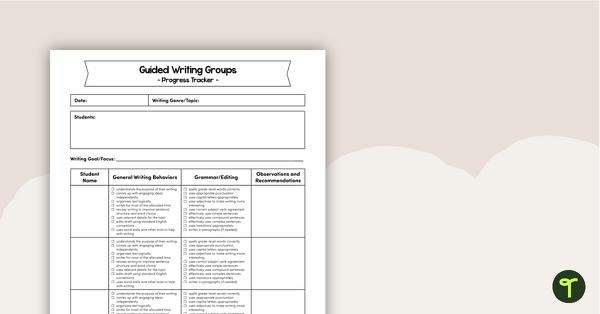
Guided Writing Groups - Progress Tracker
Track student progress during guided writing sessions with this template.
- Plus Plan
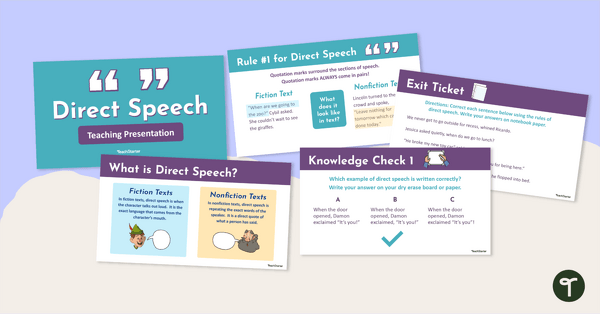
Direct Speech - Teaching Presentation
Teach the rules of punctuating direct speech in texts with an interactive teaching presentation
- Plus Plan
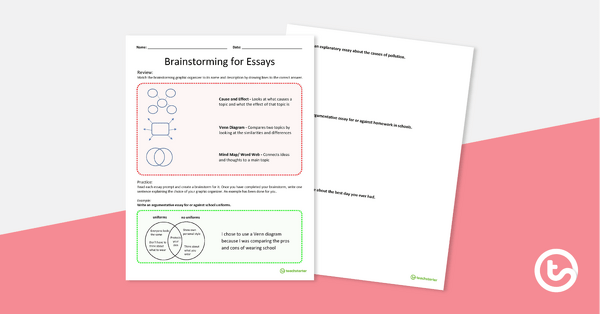
Brainstorming for Essays Worksheet
A worksheet to practice using Venn diagrams, mind maps, and cause and effect maps to brainstorm for various essays.
- Plus Plan
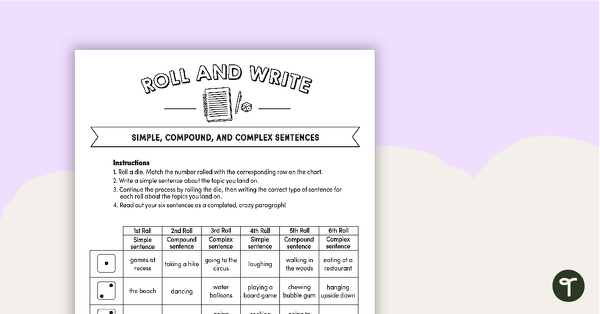
Roll and Write – Simple, Compound, and Complex Sentences
Practice writing simple, compound, and complex sentences with our Roll and Write activity.
- Plus Plan

Everyday Grammar Capitalization and Punctuation Warm-Ups – Grades 5 and 6 Interactive PowerPoint
An engaging 44-slide interactive PowerPoint to use in the upper grades classroom when learning about grammar and punctuation.
- Free Plan
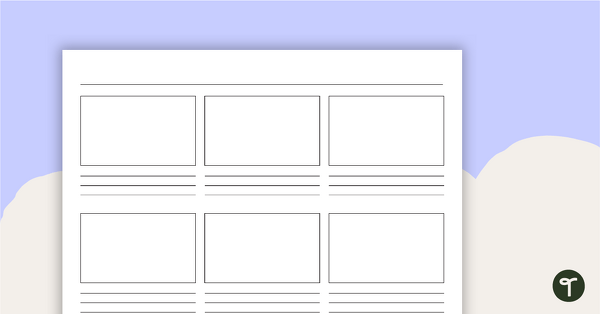
Storyboard Template
A template for use when planning a narrative text.
- Plus Plan
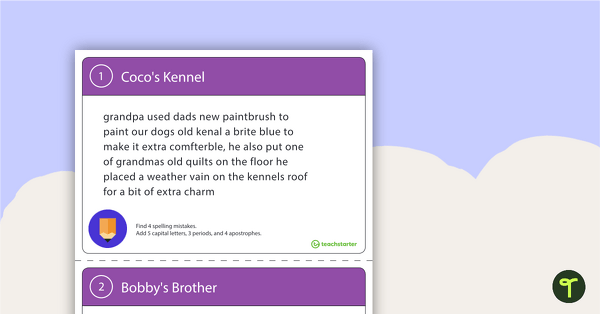
Editing Passage Task Cards - Grade 5
A set of 20 editing passage task cards with answers.
- Plus Plan
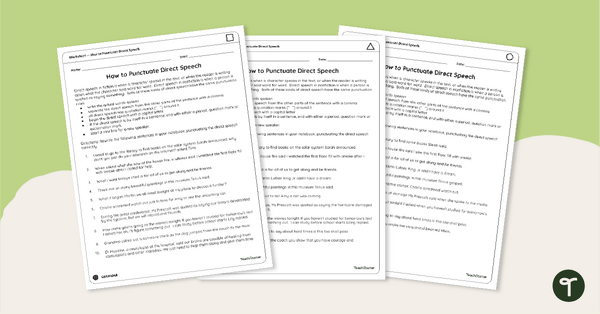
Punctuating Dialogue - Worksheet Pack
Reinforce understanding of how to punctuate direct speech with differentiated quotation marks worksheets.
- Plus Plan
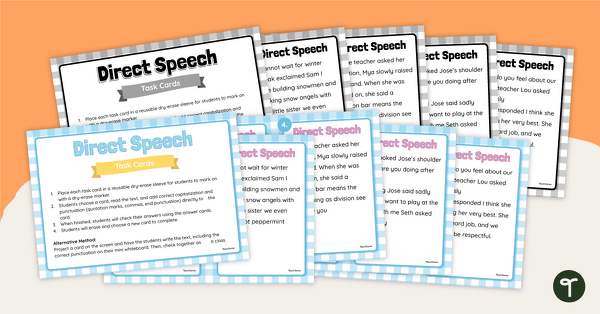
Using Quotation Marks - Task Cards
Practice adding double quotation marks to direct speech with printable quotation mark task cards.
- Plus Plan
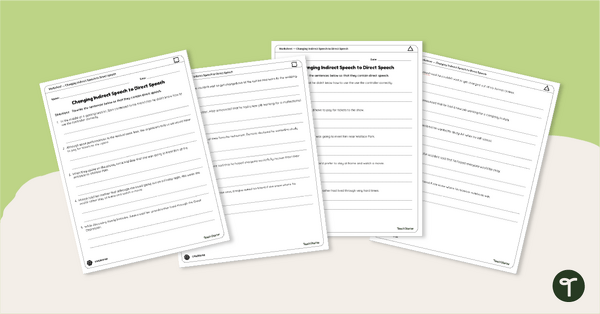
Changing Indirect Speech to Direct Speech Worksheet
Practice converting indirect speech to direct speech with differentiated editing worksheets.
- Plus Plan
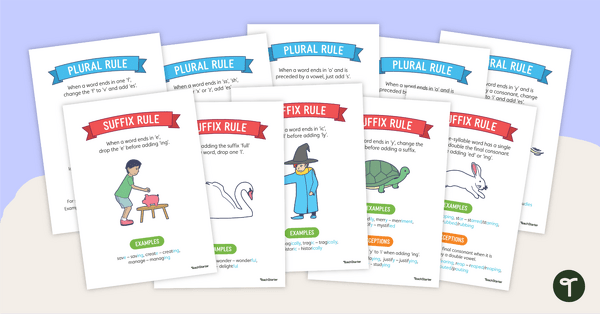
Spelling Rules Posters – Plurals and Suffixes Anchor Charts
Display the common spelling rules for suffixes and plurals with a set of printable spelling rules charts.
- Plus Plan
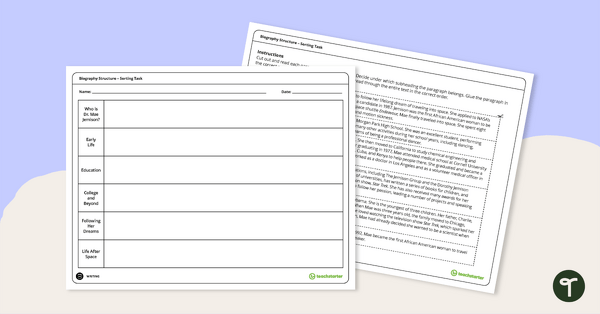
Dr. Mae Jemison – Biography Structure Sorting Task
Read and sort to help students learn about the structure of a biography with our cut and paste biography worksheet.
- Plus Plan
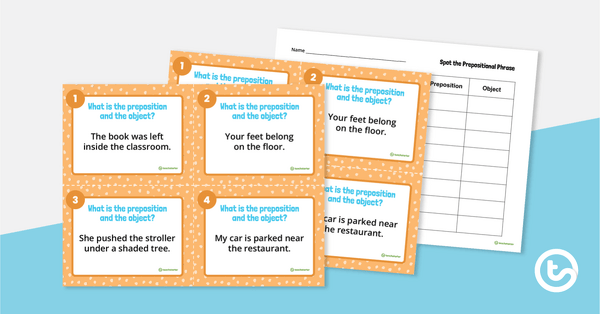
Spot the Prepositional Phrase – Task Cards
Identify the prepositional phrase within a sentence with this set of 16 task cards.
- Plus Plan
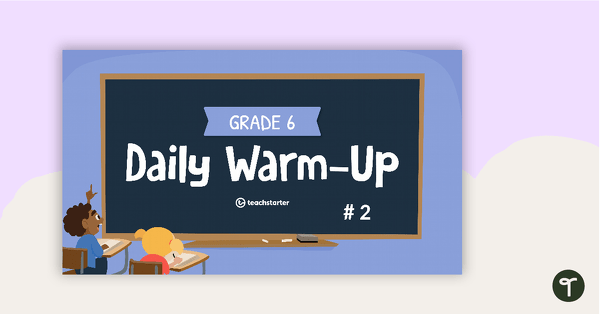
Grade 6 Daily Warm-Up – PowerPoint 2
A 76-slide PowerPoint presentation containing a variety of quick warm-up activities.
- Plus Plan
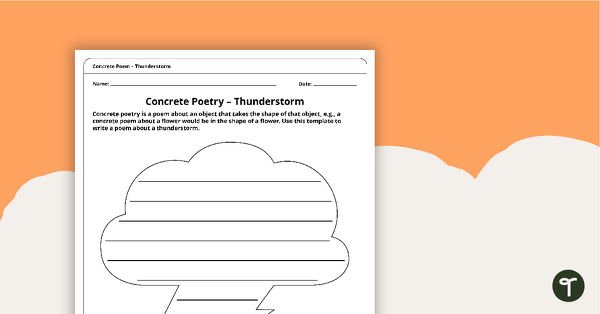
Concrete Poem Template – Thunderstorm
A template for students to write a concrete poem about a thunderstorm.
- Plus Plan

Everyday Grammar Sentence Structure Warm-Ups – Grades 5 and 6 Interactive PowerPoint
An engaging 40 slide interactive PowerPoint to use in the upper grades classroom when learning about grammar and sentence structure.
- Plus Plan
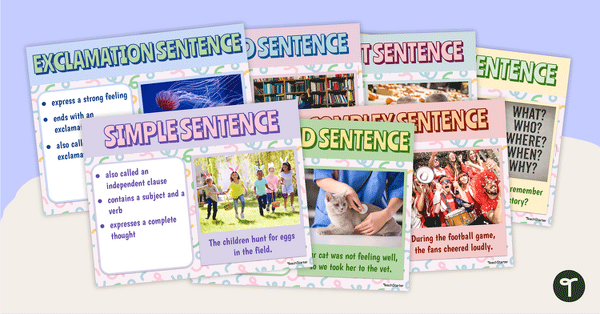
Four Types of Sentences Poster Collection - Primary and Intermediate
Display these posters highlighting the four types of sentences and teach your students to use varied sentence types in their writing.
- Plus Plan
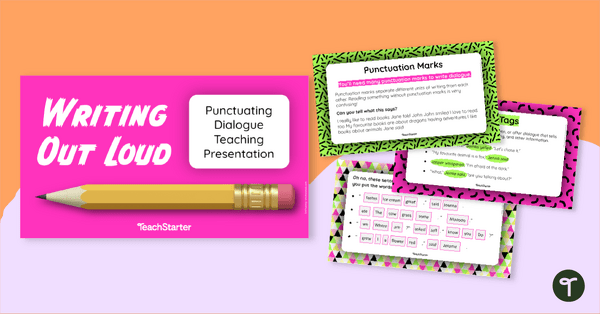
Writing Out Loud: Dialogue Punctuation Teaching Presentation
Teach your students how to write dialogue correctly with an interactive teaching presentation.
- Plus Plan
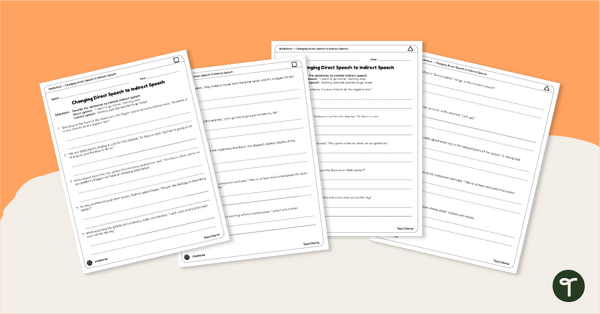
Changing Direct Speech to Indirect Speech Worksheet
Convert direct speech to indirect speech with differentiated quotation mark worksheets.
- Plus Plan
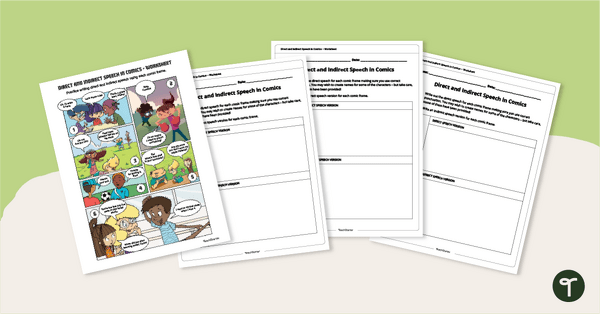
Direct and Indirect Speech in Comics – Worksheet
Practice writing direct and indirect speech using a set of printable Direct Speech Comic Book worksheets.
- Plus Plan
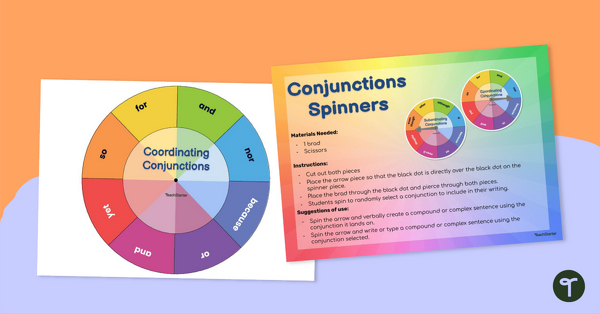
Conjunctions Spinners (Coordinating Conjunctions, Subordinating Conjunctions, Correlative Conjunctions)
Bring some fun to your grammar lessons with these colorful conjunctions spinners! Students spin to reveal a conjunction to use in their writing or oral language.
- Plus Plan
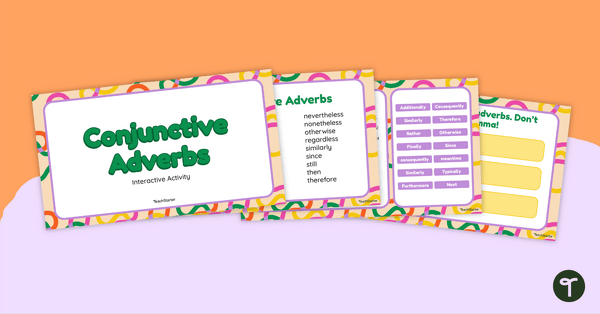
Conjunctive Adverb Interactive Activity
Use this engaging interactive activity in your classroom to teach students what conjunctive adverbs are and how to use them in their writing.
- Plus Plan
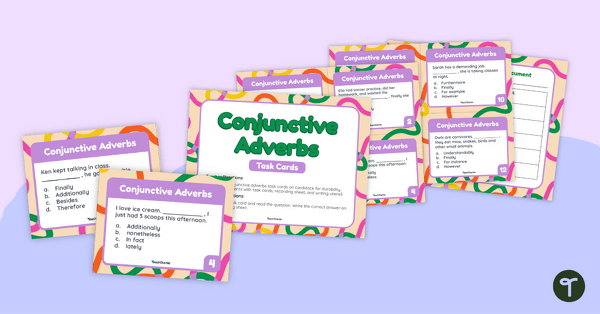
Conjunctive Adverbs Task Cards
Assess your students’ understanding of conjunctive adverbs with these fun adverbs task cards!
- Plus Plan
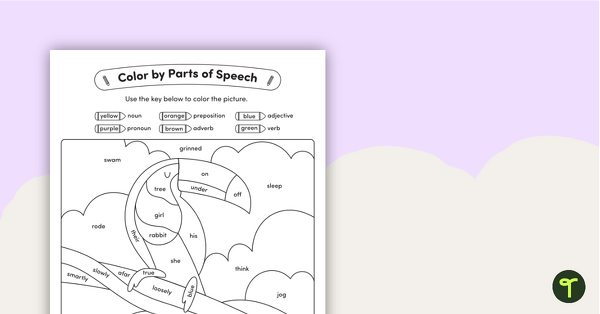
Color by Parts of Speech (Nouns, Verbs, Adjectives, Pronouns, Prepositions, and Adverbs) – Toucan
Practice identifying different parts of speech with this color by code worksheet.
- Plus Plan
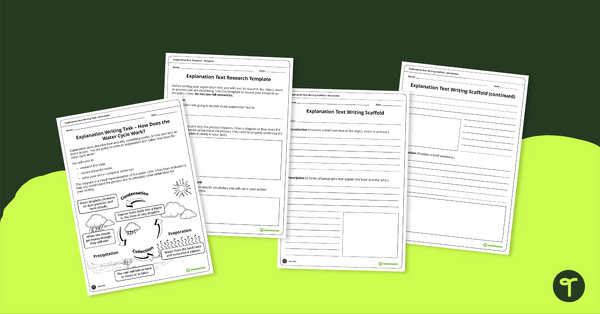
Informative Text Writing Task – How Does the Water Cycle Work?
A scaffolded writing task for students to complete when learning about the informative text type.
- Plus Plan
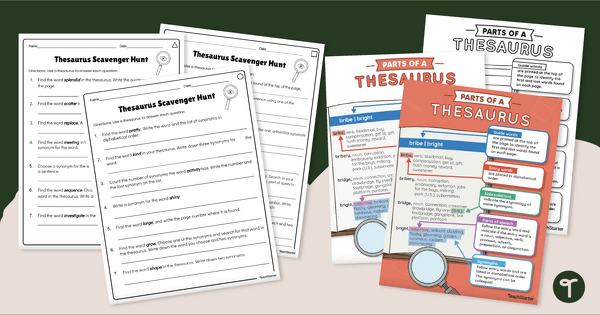
Using a Thesaurus - Worksheets and Anchor Charts
Practice using a thesaurus with a printable thesaurus anchor chart and differentiated practice worksheets.
- Plus Plan
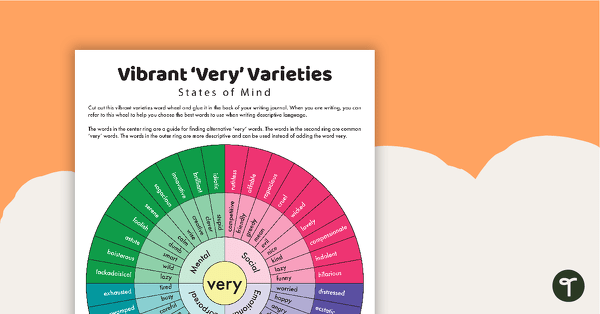
Another Word for Very – Synonyms Word Wheel
Replace the word "very" in your students' writings by giving them a "wheely" good synonyms reference guide.
- Plus Plan
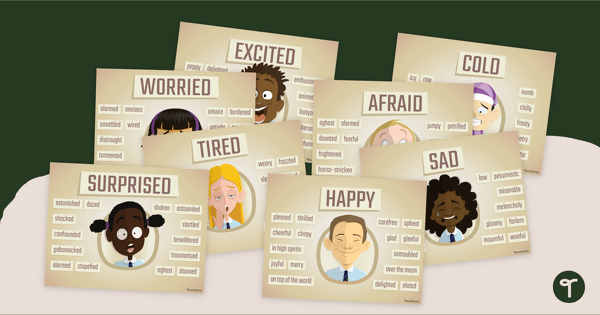
Synonym Poster Pack - Emotions Chart Display
A series of posters that display different words that can be used for different emotions.
- Plus Plan
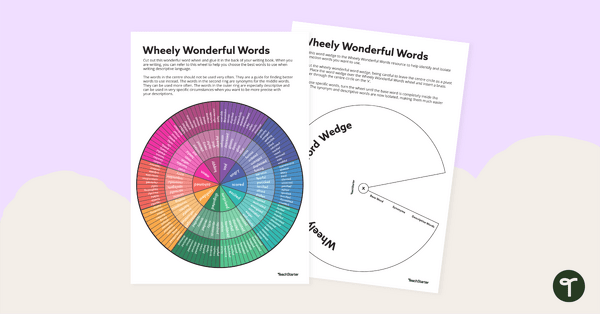
Wheely Wonderful Words – Emotional States Vocabulary
A word wheel of synonyms and similar words used to describe emotional states.